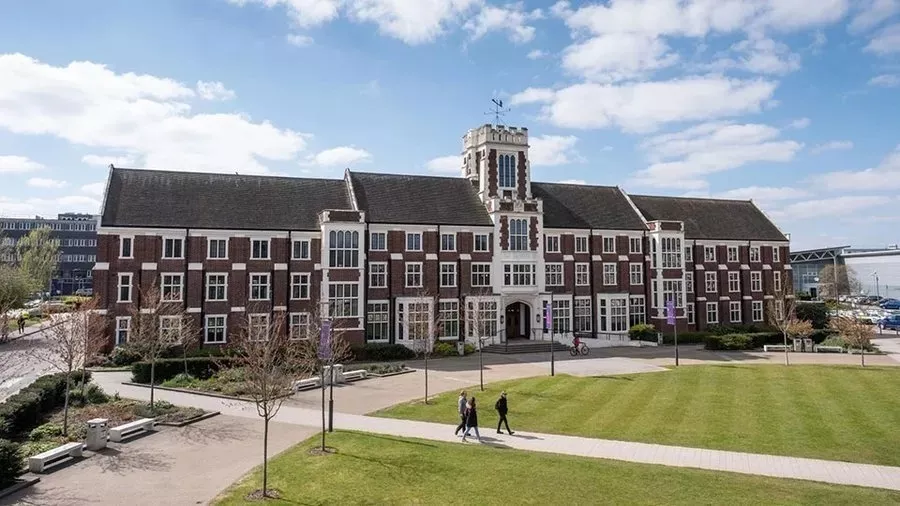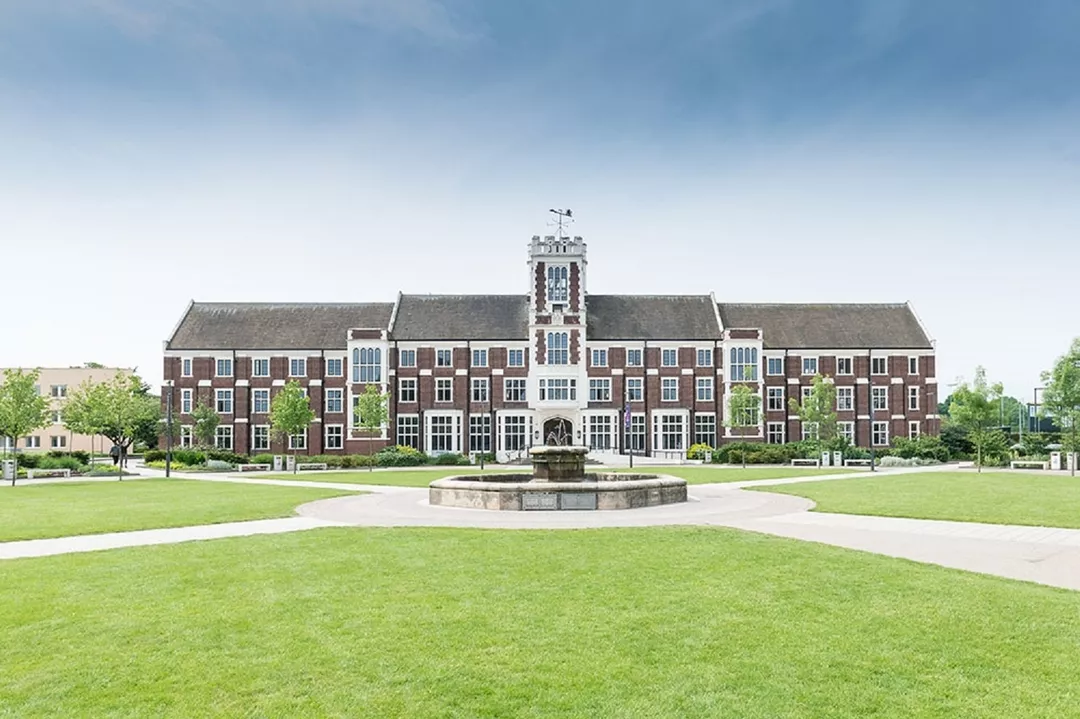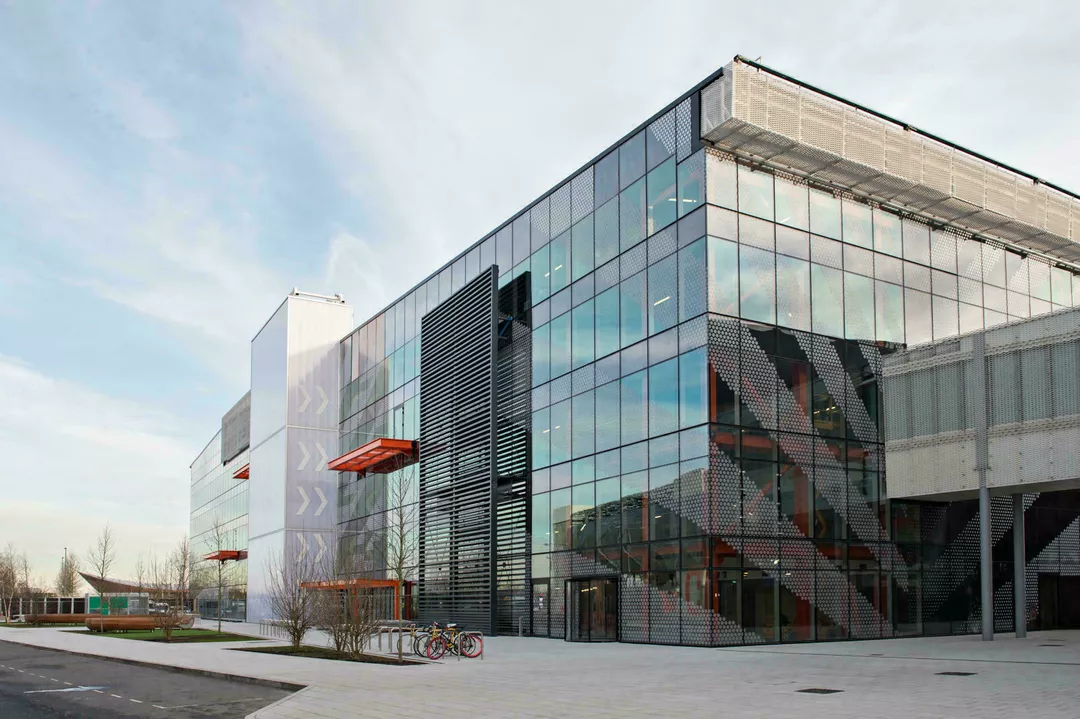-
hello@abroadcube.com
Mail us
-
Call For Help:
98779 83783
-
Whatsapp Us
70090 34921
Loughborough's MSc Exercise Physiology is designed to provide studentswith an in-depth understanding of the physiological, nutritional and metabolic demands of exercise and training, and their implications for participation in sport and for the maintenance of good health.
This master's in exercise physiology offers study at a high level across areas including the physiology of endurance sport, sport and exercise nutrition, exercise and immunology, vocational skills in exercise physiology, neuromuscular function, quantitative research, current research in exercise physiology, laboratory techniques in sport and exercise physiology and a research project. Physiology practical sessions are taught in the specialist physiology teaching laboratory housed in the Clyde Williams building, which can be partitioned to allow small group work stations or opened up to use the 20m sprint track. Students will also have the opportunity to use these facilities as part of their research dissertations, where they complete a research study under the supervision of academic staff.
All students undertake a research project as part of their studies. Project areas include muscle physiology, cardiovascular physiology, biochemistry, metabolism, risk factors for chronic diseases, exercise and appetite, exercise immunology, physiological response to exercise in children and disability sport.
Laboratory facilities are provided in the £8m Clyde Williams Building, which houses physiology, molecular biology and nutrition research laboratories and teaching rooms as well as the latest physiological, molecular and environmental technologies including two climatic chambers, a sprint lane and bespoke training and testing equipment. The facility is named after Emeritus Professor Clyde Williams, the first Chair in Sports Science in the UK.
Students will also have the opportunity to be involved in research that is taking place in the National Centre for Sport and Exercise Medicine – East Midlands, an Olympic legacy on campus which houses outstanding exercise physiology research laboratories in a state-of-the-art facility. In addition to several specialist clinical and exercise physiology laboratories, there is also a specialist anthropometry laboratory, designated ‘invasive procedures’ rooms for the performance of muscle and adipose tissue biopsies, sample analytical laboratories, recovery rooms, research kitchens and a disability sport laboratory, where exercise testing is conducted using various equipment including a specialist treadmill designed for both wheelchair propulsion and running, and wheelchair, arm crank and handcycle ergometry.
| Level | Masters |
| Discipline | Sciences |
| Duration | 12 months |
| Intakes | Oct |
| Application Fees | GBP 0 |
| Tuition Fees | GBP 23500 |
| Campus | Loughborough |
| Language proficiency (minimum) | |
| IELTS | 6.5 |
|---|---|
| TOEFL | 92 |
| PTE | 67 |
| Duolingo | 110 |
| Exam proficiency (minimum) | |
| SAT | Not Required / Waiver |
|---|---|
| ACT | Not Required / Waiver |
| GRE | Not Required / Waiver |
| GMAT | Not Required / Waiver |
Minimum GPA - 75%
QS Quacquarelli Symonds is the world’s leading provider of services, analytics, and insight to the global higher education sector, whose mission is to enable motivated people anywhere in the world to fulfil their potential through educational achievement, international mobility, and career development.
THE (Times Higher Education) has been providing trusted performance data on universities for students and their families, academics, university leaders, governments and industry, since 2004. We create university rankings to assess university performance on the global stage and to provide a resource for readers to understand the different missions and successes of higher education institutions.
The Academic Ranking of World Universities (ARWU) was first published in June 2003 by the Center for World-Class Universities (CWCU), Graduate School of Education (formerly the Institute of Higher Education) of Shanghai Jiao Tong University, China, and updated on an annual basis
The "Webometrics Ranking of World Universities" is an initiative of the Cybermetrics Lab, a research group belonging to the Consejo Superior de Investigaciones Científicas (CSIC), the largest public research body in Spain. CSIC is among the first basic research organizations in Europe. The CSIC consisted in 2006 of 126 centers and institutes distributed throughout Spain.



